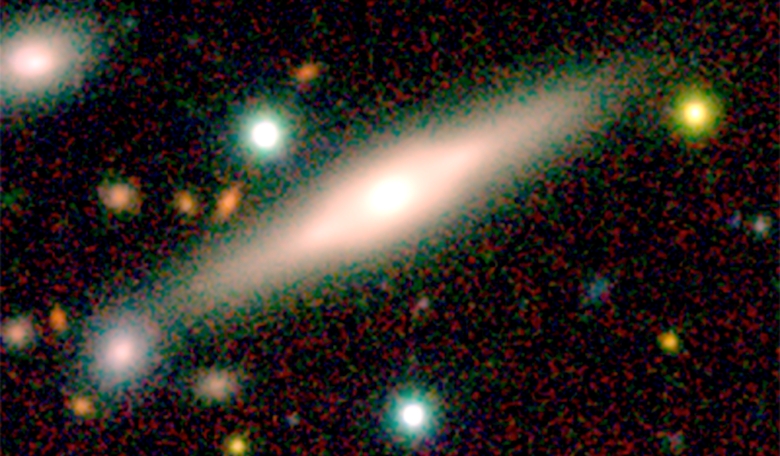The International Centre for Radio Astronomy Research in Western Australia is inviting “citizen scientists” around the world to become Astro Questers.
After 210 nights of observations, over seven years, from the Anglo-Australian Telescope and supplemented by previous galaxy surveys, the center would like help analyzing the images of galaxies billions of light years away to classify their shapes.
“All you need is a computer or laptop and a connection to the internet,” according to the center, which announced AstroQuest on March 21.
Astronomers already will have applied a computer algorithm to try to find galaxies in the images.
“Telling us when you think the computer got the answer right, and doing your best to fix the computer’s guesses when you think they’re wrong, will help the astronomers a lot,” according to the center. “They can use your results to improve the algorithm being used to find galaxies in these huge surveys, and they can even use your answers to train new machine learning algorithms to do this work better and faster.”
Scientists model the early universe mathematically. By analyzing galaxies that are so far away — the galaxies’ light originating at an earlier time, having had to travel so far since the Big Bang — the astronomers will have more observations to inform studies of how the universe formed and evolved.
“Most if not all galaxies have supermassive black holes millions to billions of times the mass of our Sun in their centres. Scientists are still trying to work out which came first, the galaxy or the supermassive black hole,” according to the center.
The crowd-sourcing approach leverages the “wisdom of crowds” principle, according to the center, meaning “that when a crowd of people all try to guess the answer, their combined guesses will be really close to the correct answer.” The tradition of citizen science goes back hundreds of years, the center says, to a time when observatories referred to their human volunteers, who looked at glass plates to find astronomical objects, as the “computers.”
The center’s preceding citizen science project was Galaxy Explorer, which also asked volunteers to classify galaxy shapes, but differently. AstroQuest aims to maximize “the enjoyment and engagement of our volunteers” this time by turning the research into a quest.
“A few of us on the team are avid gamers, so it’s no surprise we’d try to inject a bit of gaming flair into the project!” writes AstroQuest’s Christian Polson-Brown in an article on the AstroQuest website.











